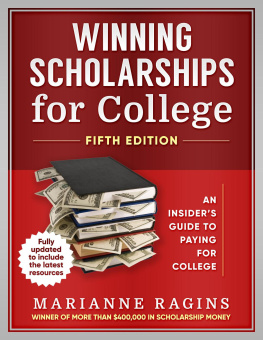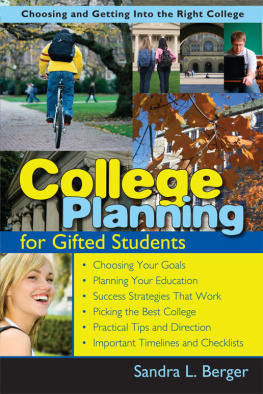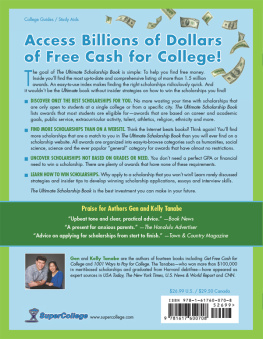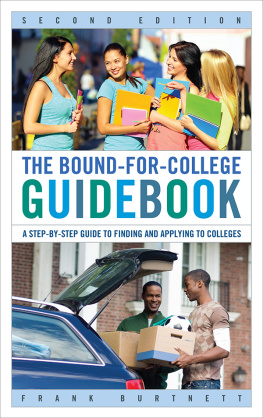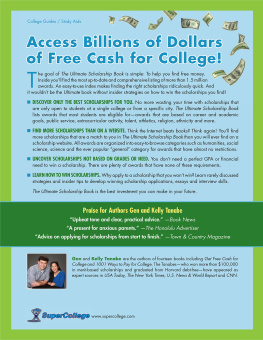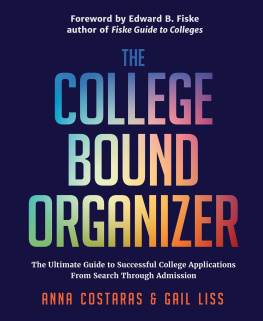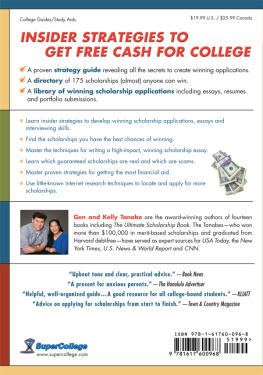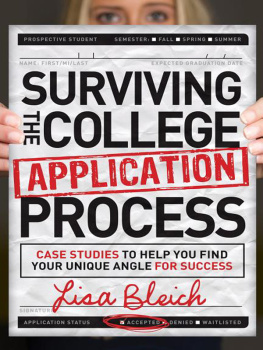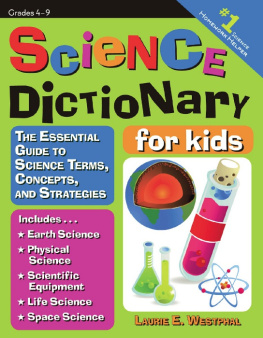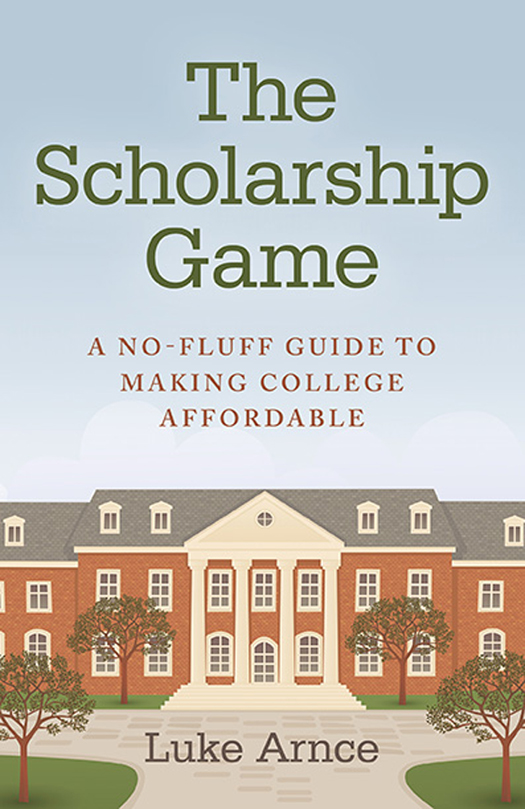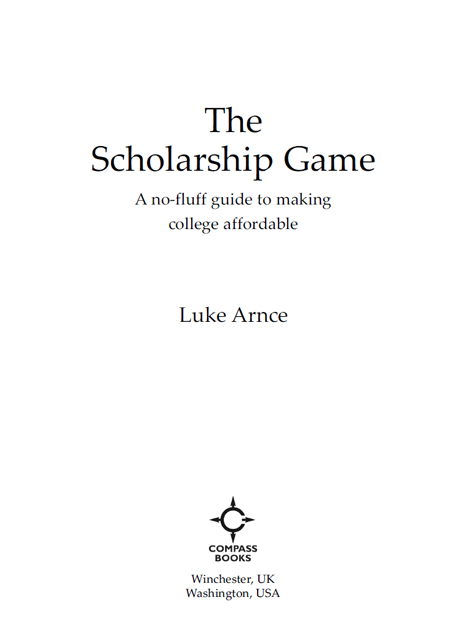First published by Compass Books, 2017
Compass Books is an imprint of John Hunt Publishing Ltd., Laurel House, Station Approach, Alresford, Hants, SO24 9JH, UK
www.johnhuntpublishing.com
www.compass-books.net
For distributor details and how to order please visit the Ordering section on our website.
Text copyright: Luke Arnce 2016
ISBN: 978 1 78279 419 6
978 1 78279 421 9 (ebook)
Library of Congress Control Number: 2016949327
All rights reserved. Except for brief quotations in critical articles or reviews, no part of this book may be reproduced in any manner without prior written permission from the publishers.
The rights of Luke Arnce as author have been asserted in accordance with the Copyright, Designs and Patents Act 1988.
A CIP catalogue record for this book is available from the British Library.
Design: Stuart Davies
Printed and bound by CPI Group (UK) Ltd, Croydon, CR0 4YY, UK
We operate a distinctive and ethical publishing philosophy in all areas of our business, from our global network of authors to production and worldwide distribution.
Acknowledgments
To Ms. Nic and Grandpa Gardner. The help you two provided me during my application process was indispensable. Thank you.
1. Getting Started
When you mix hormone-addled teenage minds and major life decisions, the result is usually less than satisfactory. Unfortunately, these are the conditions present when you are forced to decide where to go to college, and the colleges dont make it any easier. They flood your mailbox with glossy brochures showing students smiling and laughing on grassy lawns and put so many facts and figures in your face that you feel like youre studying for some test. How are you, as you search for a place to spend the next four years of your life, supposed to cut through the college propaganda and determine where the grassy lawns are greenest? Additionally, how do you determine what colleges you can actually afford?
I know the feeling. I was also overwhelmed with the task of selecting a college. During the admission process, I applied to eighteen schools, wrote over twenty essays, and took part in sixteen interviews. It sucked. I would never wish such a tedious endeavor on my worst enemy. However, the ordeal gave me a lot of experience with many aspects of college admission. So, instead of annoying my friends with tidbits about college admission, I decided to write this booka no-fluff guide to deciding where to apply, building college applications, and smoking college interviews and scholarship weekends written by a student for students. Just so you guys dont think Im some random schmuck writing on a subject I know nothing about, I was able to win over $1,000,000 in school-specific scholarships, so my methods have had some success.
This book is a compilation of information and tips that I picked up when I was going through the application process myself. It will address selecting colleges, filling out applications, and scholarship interviews along with some other stuff. Hopefully, it helps keep you from going insane during your application process. Please keep in mind throughout that I am by no means the law on this stuff. These are just tips and bits of information that I found useful, so if you dont agree with something Ive said, you dont have to listen. Now that the disclaimer is out of the way lets get going. Its time to get you some application savvy so you can spend more time enjoying your senior year instead of sweating over your college applications.
2. Building Your Resume
As Sun Tzu once said, Every battle is won or lost before it is ever fought. Well, Sun Tzu might as well have been writing a book on applying to college instead of military strategy because his advice is wholly applicable. If you wait until when youre applying to colleges to build your resume, you are a little late to the party. Most of the time, students participate in sports, band, or other extracurricular activities without thinking of their activities as part of their resume, so students can end up building their resume without thinking about it. However, it is a far better game plan to be intentional about designing your resume early so you arent stuck piecing one together at the last minute. Starting your resume in your freshman year also helps you keep track of everything youve done, and its better to be forced to pare down your resume than to be forced to rack your brain for other stuff you did just to fill the page.
Think of your resume as a candy bar with your GPA, ACT/SAT, and course difficulty as the plain chocolate exterior, and the extracurricular activities as the gooey, delicious center made of nougat and caramel. Its true; nobodys favorite part of the candy bar is the outside. Its just a housing for the tastiness in the middle, but nobody is going to eat a candy bar, no matter how delicious the middle is if the chocolate shell is moldy. A good ACT/SAT, a high GPA, and a difficult course load probably wont get you into the colleges you want by themselves, but a bad ACT/SAT, a low GPA, and four years of easy classes will get your application tossed. Does that mean you have to take hard classes, do your homework, and study for standardized tests? Yes, it does. Also, if you arent interested in the hardest classes at your school, but you could do well in them, suck it up and take them. You can be picky with your courses in college, but in high school you need to take the classes that show colleges you have the academic chops to handle college level courses.
Excluding of your ACT/SAT, GPA, and course difficulty, the rest of your resume should showcase accomplishment, leadership, motivation, and service, so find activities that fit the criteria and participate in them. Try to participate in activities youre interested in, but also, try some things you might not like. Stretch yourself. Even if you hate every minute of it and decide never to do it again, you can still put it on your resume.
The easiest way to start participating in activities you can put on your resume is through your high school. High schools typically have a variety of clubs or programs for students like student council, football, choir, and FBLA. Some of these programs call for a major time commitment. However, others require almost none even if youre in a leadership position, so do a little reconnaissance on the clubs you plan on joining. Try to participate in activities youre really interested in, but also join a few clubs that require little time commitment that might not be intriguing to you. You might end up liking a few more than you thought, and the others will just show that youve made an effort to determine your interests.
Another thing colleges will love, even if you dont, is leadership positions, so run for as many as you can handle. But running for offices is scary. Well, tough. High school is where youre going to get most, if not all, of your leadership positions for your resume, so youre just going to have to grit your teeth and do it. If you lose the election, nobody will care or remember. Even if they do, you probably wont see them after high school anyways. Also, keep in mind that not all leadership positions are created equal. There is president, and then everything else, so, unless you dont think you can win the presidential election, run for president. If you do end up running for some other office, make sure its the office with the least opposition because all offices besides president are the same in the eyes of colleges. Keep in mind that colleges wont know how many students are in the clubs at your school, so whether youre president of a club with six people or sixty, all your resume will say is club president.


